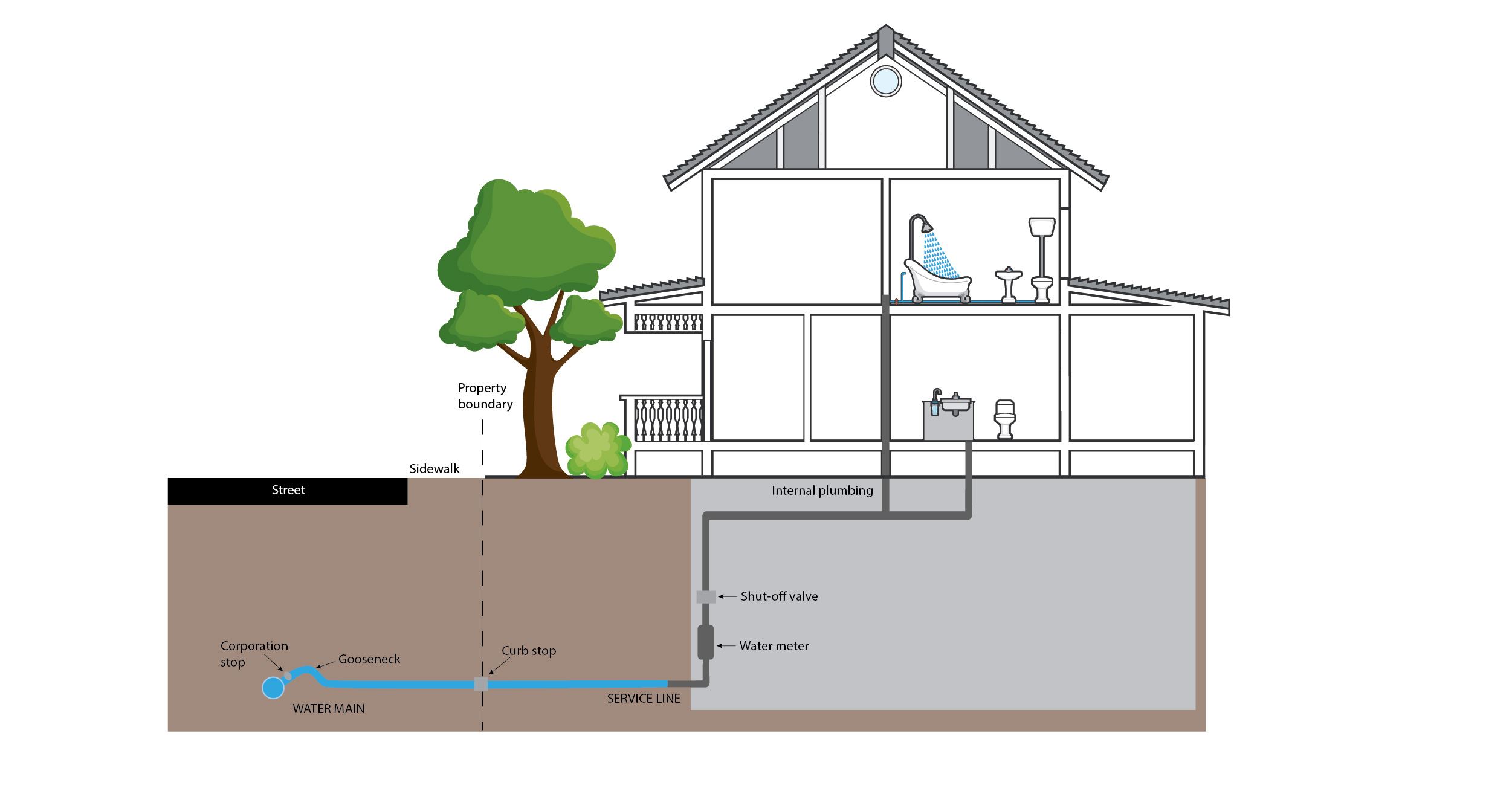- Home
- Departments
- Health Department
- Environmental Health
Environmental Health
-
Priscilla Lewis
Registered Environmental Health Specialist (REHS)Phone: 201-568-3450 ext. 510
-
Aisha Osmann
Public Health InvestigatorPhone: 201-568-3450 Ext. 517
Environmental Emergencies
For concerns regarding environmental emergencies occurring in the City of Englewood during evenings, weekends, and holidays, residents should contact the Englewood Police Department Dispatch at 201-568-2711. Upon receipt, Dispatch will contact and coordinate with the assigned on-call Health Inspector for that day to respond to the environmental emergency or animal control issue.
- Pet Licensing and Rabies Information page
- Food Service: Licensing & Information page
- Food for Thought quarterly newsletters can be found on our Annual Reports and Newsletters page.
Lead Poisoning & Prevention Information
According to the NJ Department of Environmental Protection, lead exposure from drinking water can cause serious health problems including increased blood pressure and decreased kidney function in adults, and contribute to learning and behavioral problems in children. For information about the health effects of lead, how lead gets into drinking water, and how to reduce the risk of potential exposure, please view the Lead Service Line FAQ for Consumers (PDF).
- Contact your water supplier if you have questions about your service line. Uncertain who your water supplier is? Find out on the NJ Drinking Water Watch website.
- Lead Exposure Reduction - NJ Department of Environmental Protection website
- What is a Lead Service Line? View an image of a Lead Pipes Infographic to learn more.
Mold
Renters who have mold problems in their rental space often have difficulty getting the mold problem corrected. Due to the lack of regulations, government offices have little authority to cite building owners regarding mold contamination. Englewood renters should contact the local Building Code office at 201-871-6642 regarding any unrepaired building leaks. When doing so, please be reminded that building code offices, like other government offices, most likely do not have mold regulations. Therefore, they will only be able to address structural deficiencies such as water leaks, plumbing issues, etc. For more information about your rights as a tenant, visit the New Jersey Department of Community Affairs' Landlord-Tenant Information website.
- For additional contacts, please view a Listing of NJ Municipal Construction Code Enforcement Officials (PDF).
- View the Mold Information Sheet (PDF) to learn more about mold remediation/cleanup.
- Download a list of General Industrial Hygiene - IAQ Consultants for Residential Work (PDF) provided by the New Jersey Department of Health for residential mold inspection and inspection resources.
Vector Borne and Zoonotic Disease
- Vector-borne Diseases: Diseases that are spread mainly by mosquitoes and ticks.
- Vector-Borne Diseases in NJ dashboard
- How to Protect Against Mosquito Bites (CDC)
- Insect Repellent Essentials - A Brief Guide PDF
- Repelentes de insectos - Guia breve PDF
- Mosquito Misting Systems (outdoor residential) - U.S. Environmental Protection Agency website
- Bergen County Mosquito Control 2024 Public Notice
- Mosquito Control - Duet Fact Sheet (PDF)
- Mosquito Control - Vectobac Fact Sheet (PDF)
- Rutgers - NJ Ticks 4 Science!
- Rutgers - NJAES - Ticks and Tick-borne Disease
- State of NJ Communicable Disease Service - Tick-borne Diseases & Conditions
- Tickborne Diseases in Dogs & Cats
- Summer Camp Vector borne flyer
- Zoonotic Diseases: Diseases that can be passed from animals (Livestock, pets, and wild animals) to humans. Examples include Rabies, Brucellosis, and Hantavirus Pulmonary Syndrome.
Spotted Lanternfly
Spotted lanternfly (SLF), Lycorma delicatula, is an invasive plant hopper that has the potential to greatly impact agricultural crops and hardwood trees. They feed on the plant sap of many different plants including grapevines, maples, black walnut, and other important plants in NJ. While it does not harm humans or animals, it can reduce the quality of life for people living in heavily infested areas. If you see a SLF, help us Stomp it Out!
- Spotted Lanternfly FAQ (Rutgers)
- State of NJ - Department of Agriculture
- Spotted Lanternfly Informational Handout (English)
- Spotted Lanternfly Informational Handout (Spanish)